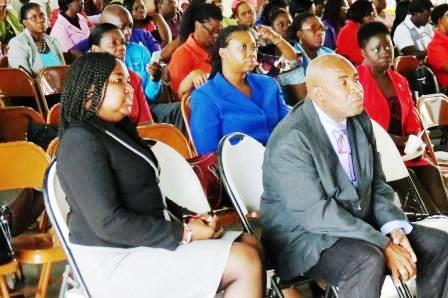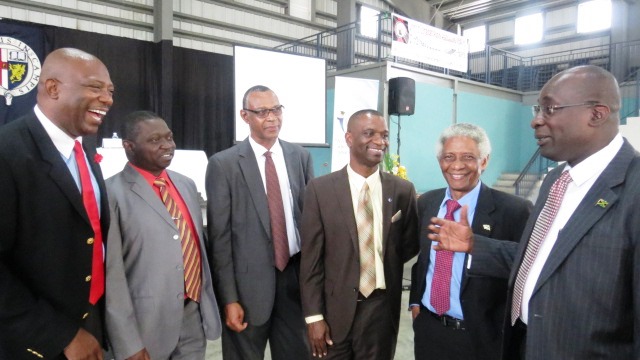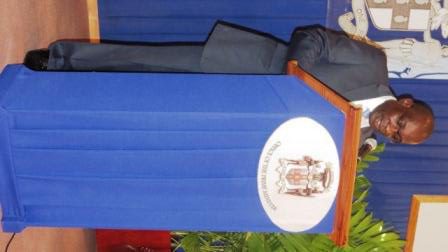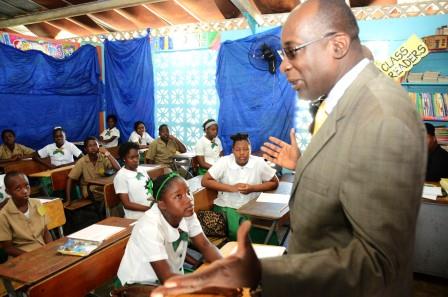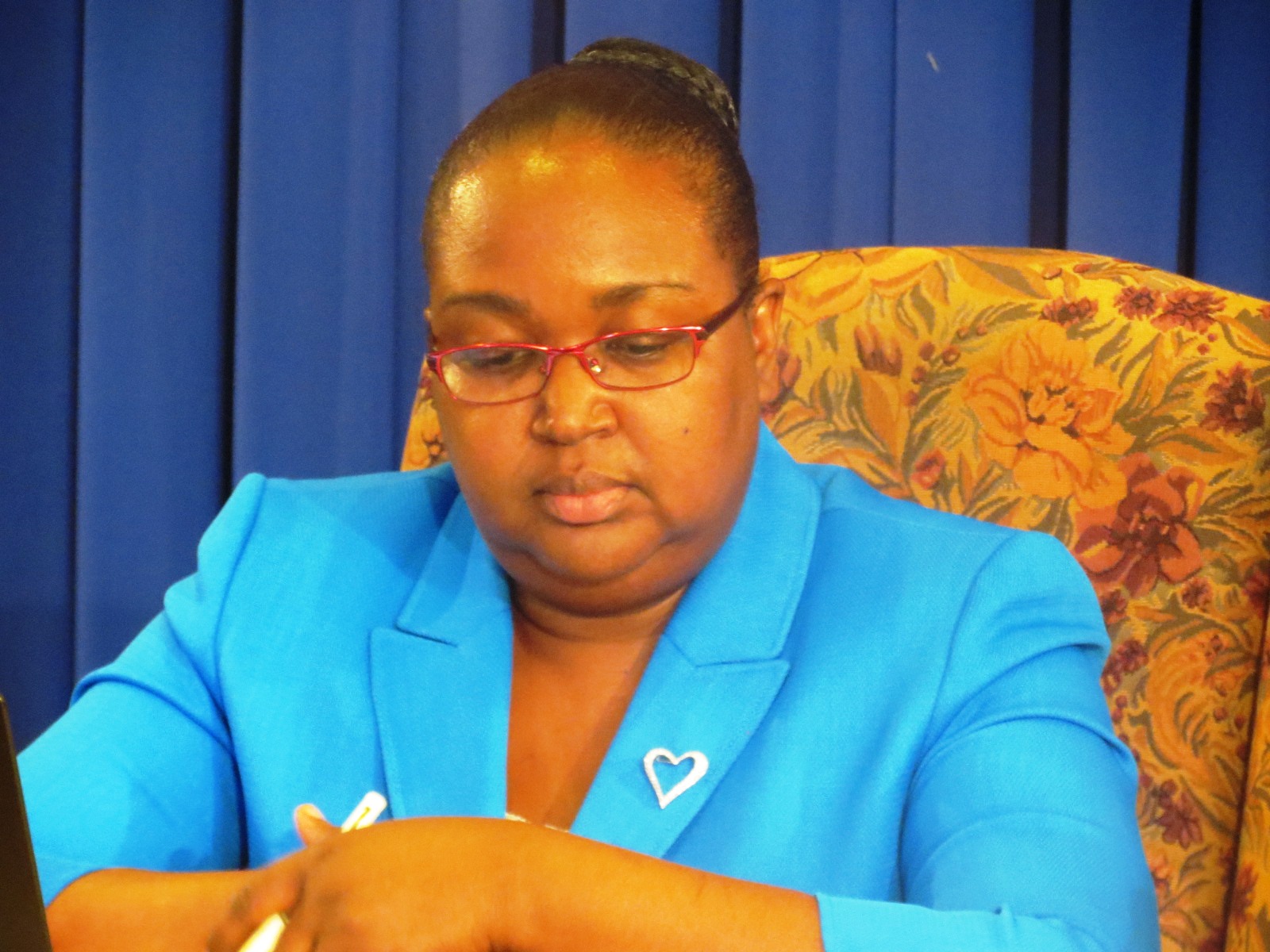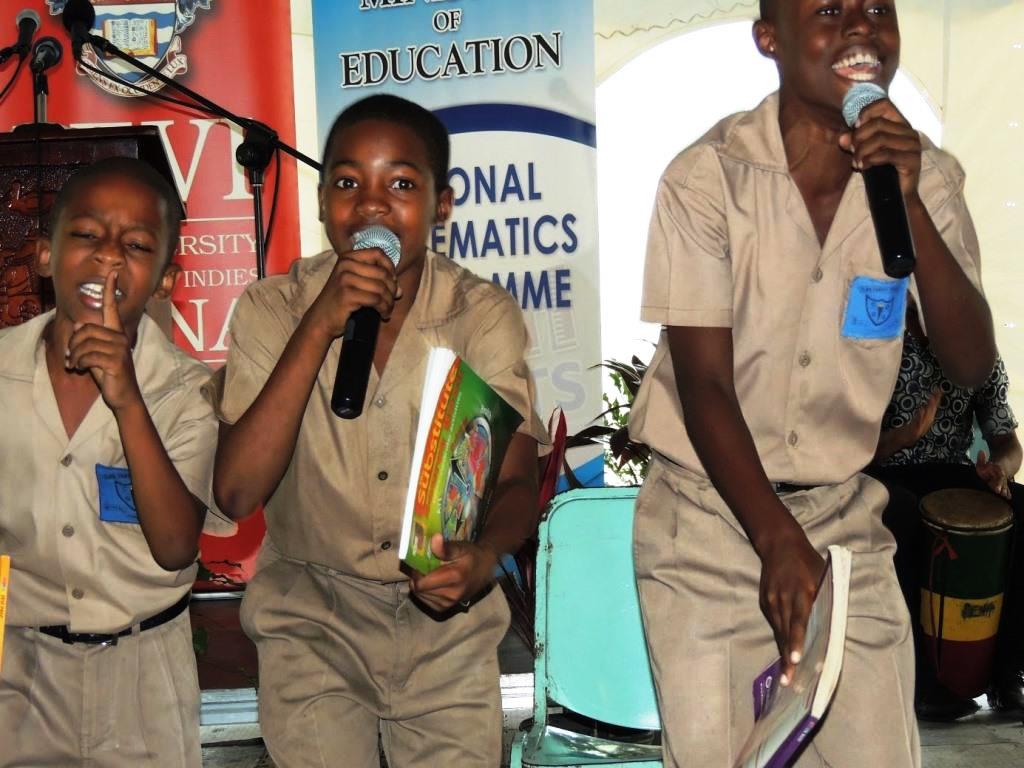Many primary schools in Jamaica are adapting and implementing an approach to teaching elementary mathematics that is common practice in Singapore.
Singapore Math, which refers to the teaching methods or the actual curriculum used for kindergarten through sixth grade in the small island country, has become popular due to Singapore’s consistent top ranking on the Trends in International Mathematics and Science Study (TIMSS).
In the TIMSS report in 2007, Singapore was ranked in the top three in fourth- and eighth-grade math scores, while the United States ranked ninth and eleventh, respectively.
Supporters of Singapore Math credit the Singaporean methods of instruction and curriculum for its students’ success. Students in the same classroom may learn the concepts at different paces, but ultimately they all learn them and help develop their own solid foundation for further math learning. This prevents the need for re-teaching as students move to the next grade.
According to Dr Tamika Benjamin, National Mathematics Coordinator at the Ministry of Education, Youth and Information (MOEYI), Singapore Math focuses on children not just learning but also truly mastering a limited number of concepts each school year. The goal is for children to perform well because they understand the material on a deeper level and they are not just learning it for the test.
“In Singapore there are systematically good mathematics practices. Maybe it is embedded in their culture but they utilize their methods consistently while providing training and the necessary resources for its advancement. Everyone speaks the same language so it is easier to transmit the information,” Benjamin said.
Since the 1980s, schools in Singapore have taken an innovative approach to teaching elementary math utilizing a curriculum that focuses on problem solving with pictures and diagrams.
Singapore Math uses the Concrete- Pictorial – Abstract approach in which students are provided with the necessary learning experiences beginning with the concrete and pictorial stages, followed by the abstract stage to enable them to learn mathematics meaningfully. This approach encourages active thinking process, communication of mathematical ideas and problem solving.
Liu Yeuh Mei, an experienced mathematics educator, who has served for almost 15 years with the Ministry of Education in Singapore has worked closely with the pioneers and developers of the Singapore Mathematics Framework and currently trains teachers around the world in Singapore mathematics methodology.
During the recently concluded Mathematics Forum, held by the Education Ministry in conjunction with the Book Merchant, distributors of Scholastic -Prime Mathematics in Jamaica, Liu Yeuh Mei stated that the Singapore Mathematics Framework developed in these books presents a visually powerful approach to problem solving. This involves the concepts of whole numbers, fractions, ratio and percentage to mathematics teachers and educators.
“The favorable response from the numeracy coaches and interest in this method has led us to share this method, with the hope that teachers have the opportunity to learn and help their students achieve greater success and interest in mathematics,” Liu Yeuh Mei said.
“In addition to developing problem-solving competencies teachers will see that the appropriate use of this approach that will help their students develop multiplicative thinking and proportional reasoning skills. It strives to develop teachers’ knowledge and skills in these concepts and consequently help their students to learn better,” she added.
According to Dr. Benjamin about 115 of the just over 700 primary schools registered with the MOEYI have begun to use these books that have been included on the Education Ministry’s supplemental book list.
“These books are focused on concept and problem-solving skills. The procedures and steps make sure the children understand the concept first and then take the steps to ensure the problem is understood and then solved. In Jamaica we do the reverse, the problem is solved and the students do not understand the concept,” Benjamin stated.
“We are slowly and surely getting there. We have invested a lot of resources in providing training and implementing strategies in the classroom that will eventually lead to sustained changes,” Benjamin added.
Stewart Dawkins, Sales Executive at The Book Merchant said for many students mathematics is not their strong area and the Singapore Method assists the teachers by giving them step by step concepts and solutions to teach a particular area. The books he said emphasize mental math and the model drawing approach.
“Students that are actively using Prime Mathematics are overcoming the challenges. They now see the relevance of mathematics in their day-to-day life and no longer have a fear of actually doing the subject,” Dawkins said.
For grades 1-6, the company sells Prime Mathematics series, with three different components. Each grade level consists of two Course books and two Practice Books, two Teacher Guides , as well as Practice Tests.


